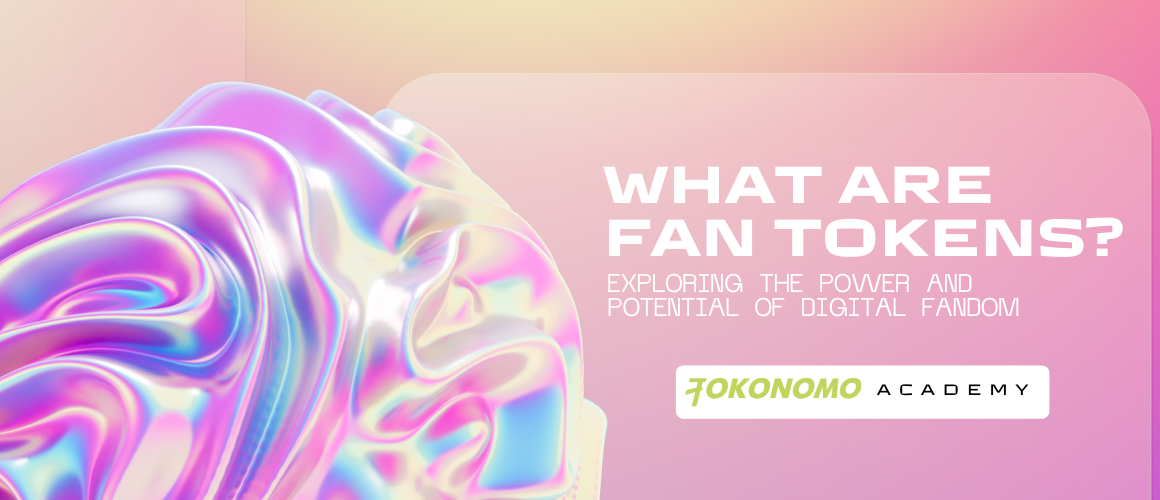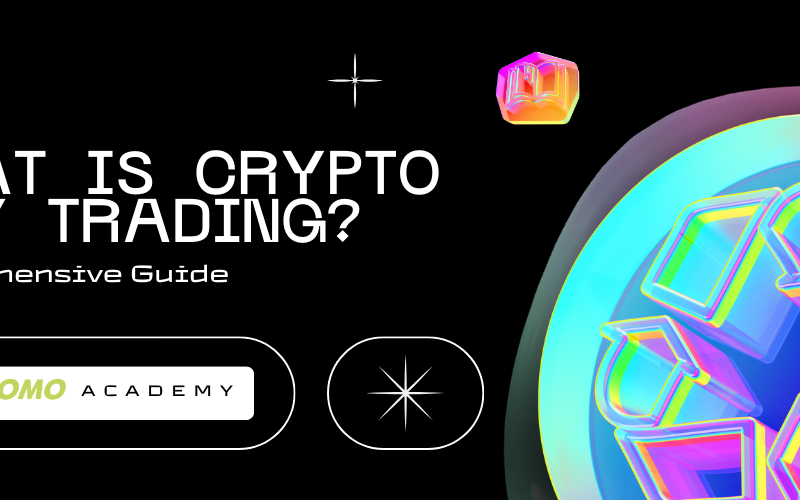What Are Fan Tokens?
Fan tokens, as their name suggests, represent digital assets owned by devoted supporters of specific sports teams, clubs, or players, enabling them to gain value from their ownership.
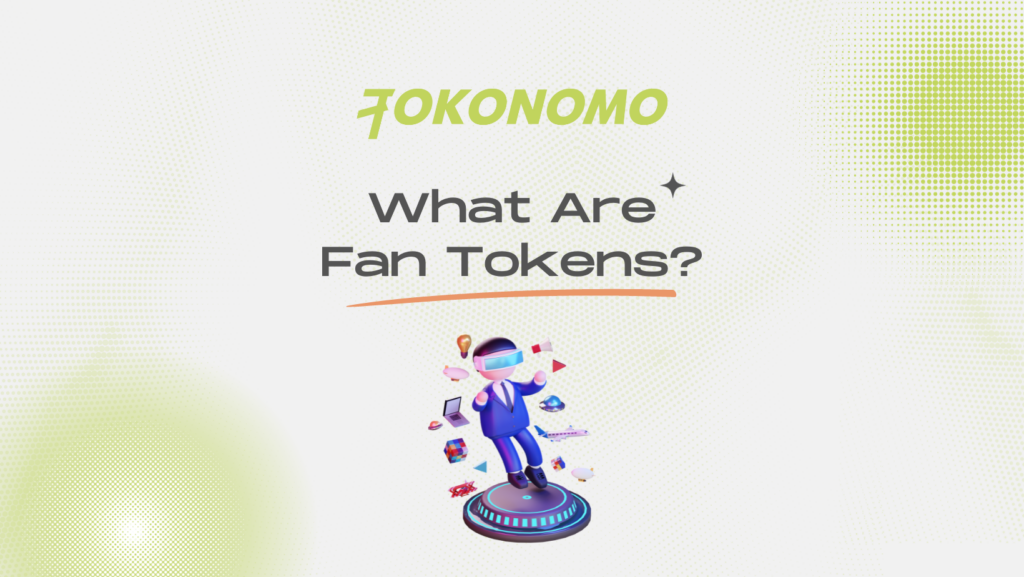

In the past, fan interaction with sports entities, be it teams, players, leagues, or clubs, tended to be passive. Fans would buy tickets and team-related merchandise, while the teams and players garnered revenue, establishing a one-sided ecosystem.
However, the advent of fan tokens, rooted in the principles of blockchain decentralization, radically altered this dynamic. How do these digital assets facilitate the establishment of stronger connections between teams and fans, ultimately crafting a fresh ecosystem that benefits both parties?
By facilitating the creation of a reward system centered around fans, these tokens serve as finite assets that enthusiasts can purchase, trade, or exchange for collectibles, merchandise, or opportunities to meet the team. It’s important to note that fan tokens don’t function as traditional currency in the conventional sense, as they aren’t generally accepted as a medium of exchange for goods and services beyond specific fan token ecosystems. Nevertheless, within their designated platforms, fan tokens grant access to exclusive content and enable participation in voting and similar activities.
While initially popularized through an app and fan token platform known as Socios, the fan token model has now been embraced by various other blockchain companies. On Socios, fan tokens are acquirable with CHZ, the native coin of the Chiliz blockchain. These club tokens are associated with numerous sports teams that leverage their supporter base to offer rewards. In essence, fan tokens are assets carefully crafted to maintain and enhance fan engagement with their beloved teams or players.
How Do Fan Tokens and NFTs Differ From Each Other?
One distinguishing characteristic of fan tokens, when compared to non-fungible tokens (NFTs), is their fungibility. Fan tokens exhibit fungibility, whereas NFTs, as suggested by their name, lack this quality.
Fungibility is a characteristic that pertains to the ease with which items can be exchanged for an identical item at a specific exchange rate. For instance, in the realm of fiat currency, one dollar bill can be seamlessly interchanged with another bill of the same denomination. Fungible assets are divisible into smaller units and lack distinctive features, making them highly convenient for trading among holders. Precious metals, bonds, and equities are exemplars of fungible assets.
NFTs, on the other hand, are unique tokens that cannot be duplicated. Virtual event tickets, blockchain identity, and metaverse assets serve as illustrations of NFTs. These tokens enable individuals to assert ownership over distinct pieces of digital data and are securely recorded on a blockchain, much like other types of cryptocurrency tokens.
The fungibility of fan tokens means that any supporter token can be effortlessly substituted with another, rendering them easily tradable on the secondary market. It’s important to note, however, that team tokens are associated with specific sports teams, and each team possesses a finite supply of these tokens.
What Purpose Do Fan Tokens Serve as Utility Assets?
There are two primary types of tokens found on blockchains, namely utility tokens and security tokens. Fan tokens, in most cases, fall into the category of utility tokens, as they are specifically designed to offer a variety of benefits to the fans. These supporter tokens can be likened to the points you might accumulate on a mobile app, which a sports team can award or replenish for their supporters. The foundation of this entire project is supported by a robust backend technology.
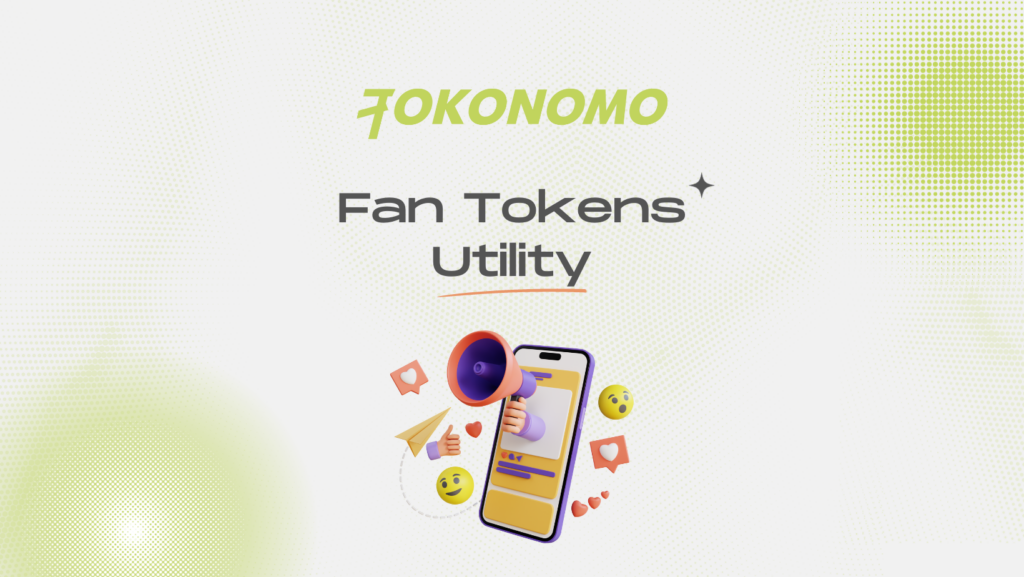

Given their status as utility assets, fan tokens play a pivotal role in the fan ecosystem’s monetization. Sports teams can leverage these fan tokens to introduce a new source of revenue. When initially offered for sale, they have the potential to provide a significant financial boost to the team, as was the case when Barcelona’s fan token sale generated an impressive $1.3 million in revenue.
On the other hand, the blockchain component ensures that these tokens are used for less critical activities such as voting and other forms of engagement. Non-critical voting refers to instances where token holders cast their votes on matters that may not have a substantial impact on the project’s overall direction.
For instance, fans might be granted the authority to make decisions regarding the color of the team’s merchandise or select the music played after a goal is scored. This is distinct from governance tokens, which empower token holders to make critical, project-specific decisions.
What Kinds of Fan Tokens Exist?
An extensive assortment of fan tokens has gained popularity within the sports industry, with football club tokens enjoying greater recognition. Nevertheless, it’s worth noting that fan tokens are also experiencing a rise in prominence across other domains, including gaming and the world of cinema.
In the realm of football, several clubs have teamed up with Socios to introduce tokens to engage with their fan base. Prominent football entities like AC Milan, FC Barcelona, and Manchester City FC stand out as notable participants in this initiative. Fans have the opportunity to acquire their preferred fan tokens via the Socios app, utilizing the cryptocurrency CHZ.
In professional mixed martial arts, organizations like the UFC and PFL have ventured into the realm of fan tokens, granting fans access to fan pools, chat forums, and game-related rewards. Furthermore, the entertainment company Mogul is making waves by offering entertainment tokens, which empower directors, actors, screenwriters, and movie enthusiasts to receive rewards throughout the movie-making process.
In addition, celebrities are entering the scene by releasing NFT fan tokens, which symbolize ownership of specific items or experiences associated with the celebrity in question. These tokens can represent a wide range of assets, including exclusive content access, unique experiences, and even merchandise tied to the celebrity’s brand.
Likewise, gaming companies are joining the NFT fan token trend, utilizing these tokens to represent diverse assets such as in-game items, premium gaming content access, and the ability to partake in voting processes related to specific game-related decisions.
What Is the Functioning Mechanism of Fan Tokens?
Fan tokens operate by enabling fans to purchase ownership in a specific asset or experience associated with a sports team, celebrity, or artist, thus granting them access to exclusive content and benefits.
In the process of launching team tokens, sports teams typically collaborate with blockchain-based platforms such as Socios to create and issue these tokens on a blockchain. A fan token offering (FTO) is then organized, during which fans can acquire these tokens at a fixed price. Following the FTO, the value of team tokens may fluctuate, depending on various factors such as team performance, use cases, demand, project execution, and other relevant parameters.
Notably, prominent sports clubs like Barcelona, Manchester City, Juventus, and Paris-Saint Germain have also ventured into the world of team tokens. Additionally, the KPOP Fan Token (KPOP) serves as a utility token that empowers K-Pop enthusiasts with a tokenized share of influence within the Korean pop music industry through social applications and support.
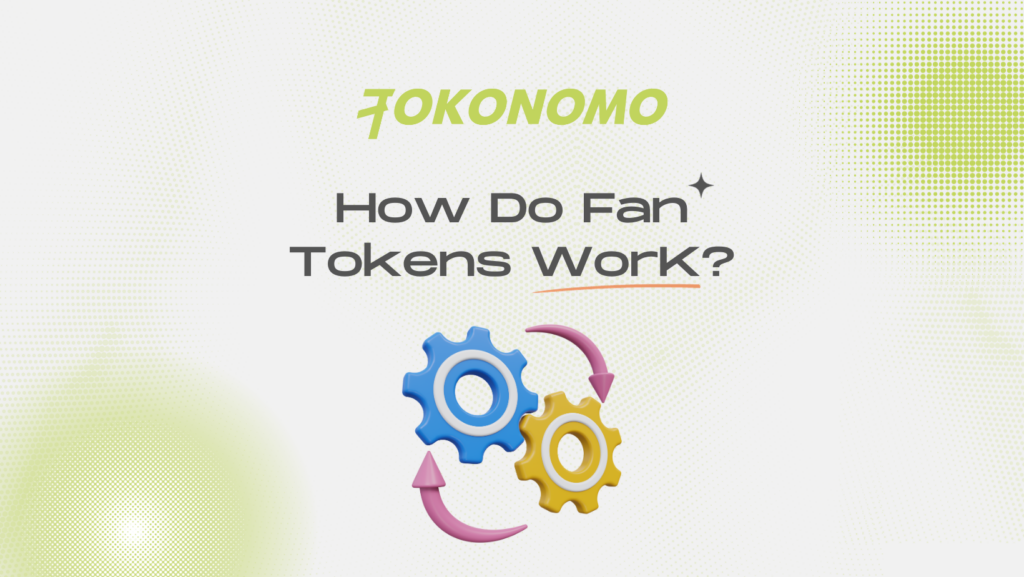

Fan tokens essentially function as automated membership keys, granting their holders a diverse array of benefits. These tokens confer eligibility for recognition by the team and access to exclusive rewards. Moreover, they open the door to collectibles, merchandise, interactive sessions, and autograph meetings, which would otherwise remain beyond reach.
Since team tokens bestow the right to participate in team decisions, they can be likened to corporate shares, although they might not offer the same level of influence as governance tokens do in the realm of technology-related features. Nonetheless, the ability for fans to vote on club matters is a welcome development, as it makes them feel like integral members of the club.
In some cases, teams may stipulate a minimum number of tokens that users must hold before they become eligible for voting and other associated privileges, thus ensuring that those with a greater number of tokens wield more influence within the fan ecosystem.
Conclusion
Fan tokens herald a groundbreaking transformation in the manner in which fans interact with and lend their backing to their beloved sports teams, clubs, players, artists, and even gaming communities. They provide a unique blend of ownership, active engagement, and decision-making authority that surpasses conventional modes of fan involvement.
The saga of sports technology is an ongoing narrative, and as the widespread adoption of supporter tokens persists, they are well-positioned to reshape the landscape of fan connections, financial frameworks, and community engagement across the domains of sports, entertainment, and beyond.




